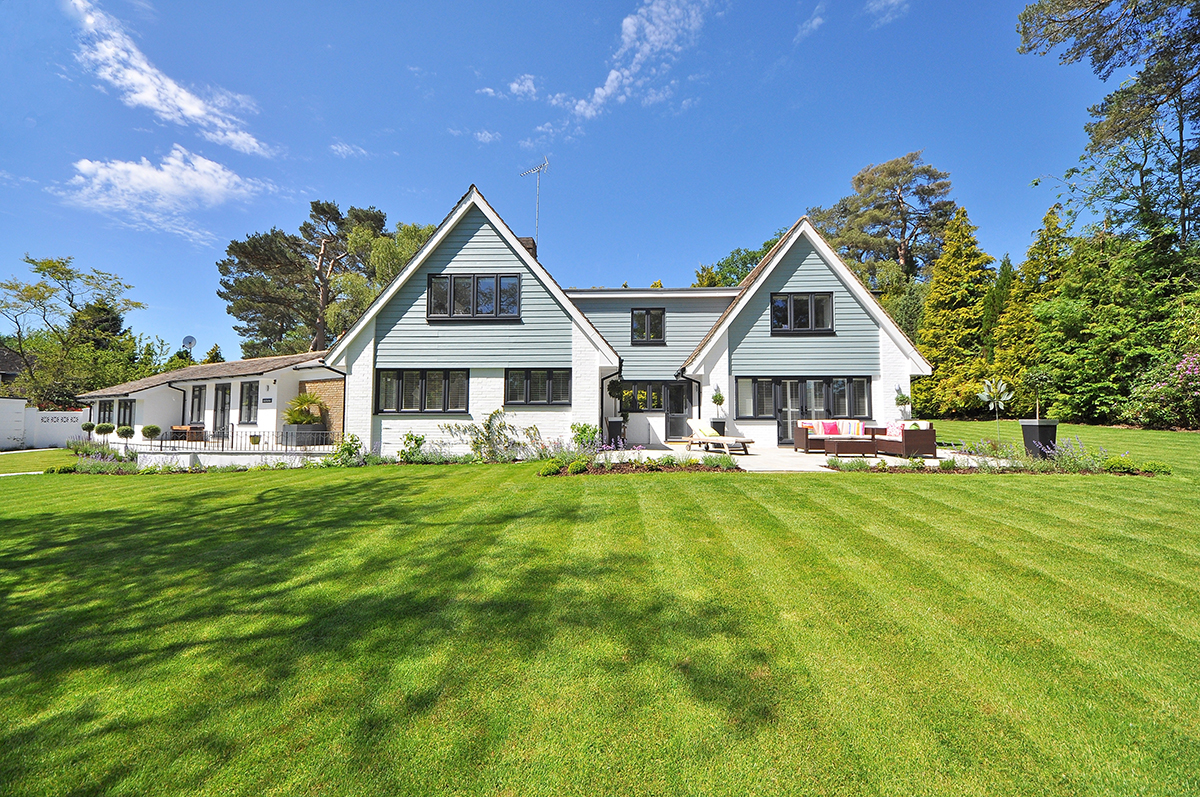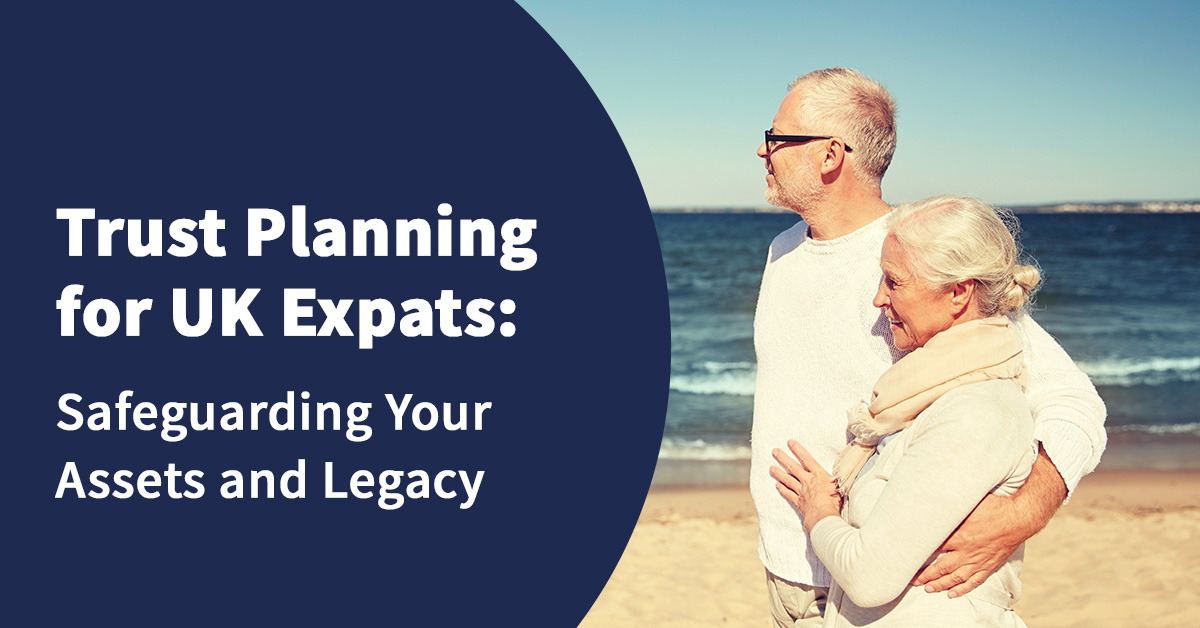Living in the UAE brings with it considerable tax advantages for British expats. However there is no getting away from UK inheritance tax if you are UK domiciled. No matter where you reside. It is important to note that the rules governing how much you can pass on tax-free at death are changing.
George Osborne, announced significant changes to inheritance tax rules in this summers budget. The main change is the introduction of the new ‘family home allowance”
The total inheritance tax (IHT) threshold for those who own a family home will increase from April 2017 until it reaches £500,000 in 2020. This means that married couples and civil partners will be able to pass on assets worth up to £1m, including a family home, without paying any IHT.
At present everyone is currently entitled to pass on £325,000 of wealth tax free, regardless of whether or not they own a property. This is known as the tax-free threshold, or “nil-rate band”. Any assets in an estate above this amount incur an IHT charge of 40pc. Married couples and civil partners are entitled to double the allowance, or £650,000 before tax is payable.
This new, “family home allowance”, will be introduced in 2017 is only applicable to people who own a family home. The allowance will eventually be worth an additional £175,000 per person. This essentially means a new allowance for property owners of £500,000 or £1m for couples.
To qualify for the family home allowance, the property must have been the main home at some point and must be left only to direct descendants, such as children or grand children.
Be wary of a property only being owned in one party’s name, if married or in a civil partnership. The deceased must have an “interest” in the property to qualify for the allowance, so it should be transferred into joint names for both spouses to qualify.
If there is more than one property in the estate, only one will qualify for the family home allowance.
If you do not own a home, the additional allowance is unavailable. However the family home allowance will also remain available if a person downsizes or sells up completely on or after July 8 2015. This means then that assets of an equivalent value may be passed on death.
This element will be the subject of a technical consultation and will be legislated for in Finance Bill 2016.
It is equally important to note that if one partner dies before April 2017 the survivor will be able to use both of their family home allowances when he or she dies.
There will also be a tapered withdrawal of the additional nil rate band for estates with a net value of more than £2 million. This will be at a withdrawal rate of £1 for every £2 over this threshold.
The new family home allowance will not come into full effect immediately, but rather it will be introduced gradually over four years, with the allowance worth £100,000 in 2017-18, £125,000 in 2018-19, £150,000 in 2019-20 and £175,000 in 2020-21.
Find out how we can help you
If you would like to understand more about this topic get in touch
Related posts
- Published On: April 19, 2023|2.5 min read|
How Does a Financial Adviser Add Value?
Financial advisers can be valuable resources for individuals seeking to manage their money and achieve their financial goals. While many people believe that financial advisers simply provide investment advice, they actually offer a range of services that can help their clients achieve financial success. In this blog, we’ll explore how financial advisers add value and the benefits they can offer.
Read more












